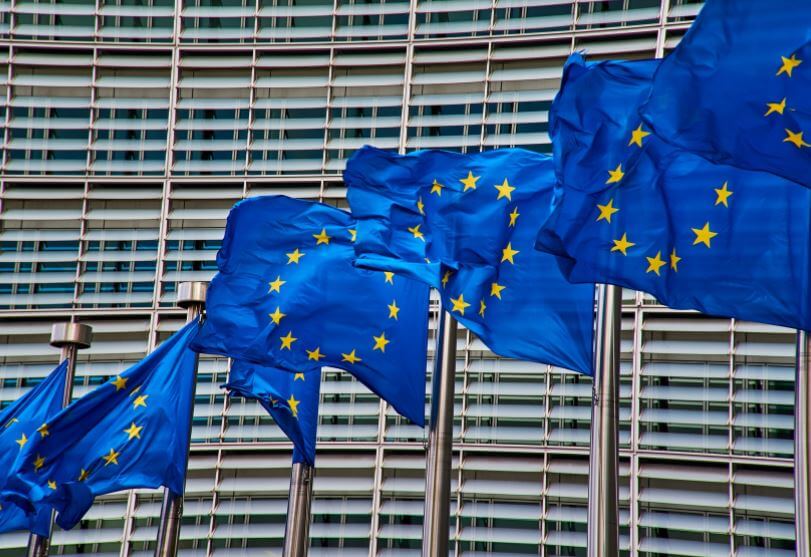Can the whole world be vaccinated against Covid-19? Calls continue to grow for a more concerted plan for global Covid-19 vaccination. The rise to global dominance of the delta variant – with its faster transmission and more severe effect on young people – have underscored the need to stop transmission everywhere if people anywhere are to be safe anywhere.
Where there is a will, there is a way, perhaps. Yet the world is much further from reaching herd immunity than you might think.
Can the Entire World be Vaccinated against Covid-19?
It’s estimated that vaccinating 70% of the world, an approximate level for herd immunity, would require 11 billion doses of the three most effective vaccines (Pfizer, Moderna, Johnson & Johnson). So far, 1.7 billion doses have been manufactured, total.
Production continues to increase, and is currently estimated at 400 – 500 million doses per month. It’s a large figure, yet the task at hand is enormous.
What more can be done? In the US, influential figures close to the Democrat Party managed to convince President Biden to advocate a patent waiver for global vaccine production. A rare move, the US joined a motion in solidarity with 100 other countries mostly from Africa and Asia.
Yet Australia and, more significantly, the EU have opposed the campaign at the World Trade Organization, saying that any waiver would only disrupt existing production. This is in line with the position of Pfizer.
“Our mRNA vaccine requires 280 components from 86 suppliers located in 19 different countries. Producing it is not as simple as sharing the ‘recipe,’ as some may suggest,” the company said. “We believe it is unrealistic to think that a waiver will magically facilitate ramping up so quickly as to address the vaccine supply issues in a safe and quick manner.”

The flippant comment speaks of a certain defensiveness from Pfizer. Nobody claimed a waiver is a magic bullet, but it’s a necessary first step, and a fair quid pro quo given massive government support in the early stages of vaccine development.
One positive sign in the manufacturing race emerged last week from South Korea. Drawing on leaks of ongoing negotiations and without offering further detail, a Reuters report suggested South Korea could manufacture up to 1 billion mRNA vaccine doses on license from Pfizer and Moderna, over an unspecified timeframe.
Late last month, the WHO announced it would set up a “technology transfer hub” in South Africa. The goal is to manufacture mRNA vaccines, but the set up is already projected to take at least 9-12 months.
South Korea and South Africa may not seem likely solutions, and yet the recent G7 Summit produced a pledge of just 870 million doses for the Global South, only half of which would be delivered this year. So without some major new developments along these lines, there seems to be little prospect of wiping out SARS-CoV-2 at any point in the foreseeable future.
Follow Christian on Twitter for more news updates.